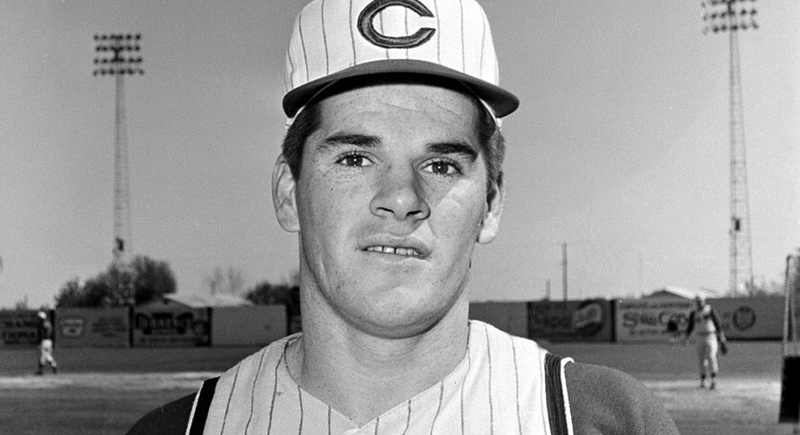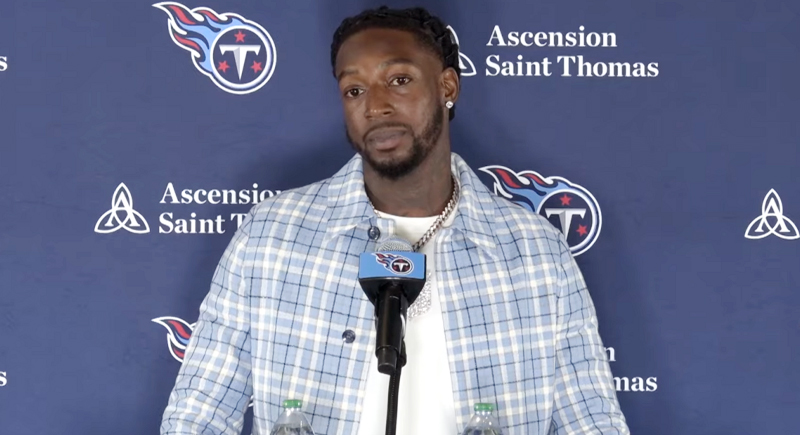Athletes Whose Careers Were Derailed by Gambling
It’s one of sports’ oldest stories, where talent meets temptation. The same competitive drive that pushes athletes to greatness can also pull them into risky bets and impossible odds. Gambling has always hovered around sports like a shadow that promises quick thrills and easy wins. But when the players themselves get caught up in it, it can become chaotic. Some lose money, and a few lose their names entirely.
Professional leagues have long drawn a hard line against betting, yet history keeps repeating itself. The games change, the technology advances, and the odds get sharper, but the outcome remains that gambling and sports just don’t mix well for those on the inside. A small wager or harmless curiosity often spirals out of control, and it has cost some stars everything they worked for.
Baseball’s Early Betrayals

Image via Wikimedia Commons/Unknown author
Baseball was the first to reveal just how deep gambling’s impact could run. The sport’s past is littered with legendary names who fell from grace after chasing easy money. Pete Rose, the Cincinnati Reds icon and MLB’s all-time hits leader, turned his managerial seat into a betting booth.
In 1989, investigators found that he had wagered daily on games, including those involving his own team. His lifetime ban set the tone for how seriously the league would treat gambling offenses, and decades later, his name still divides fans.
Decades earlier, “Shoeless” Joe Jackson and seven Chicago White Sox teammates had already written gambling’s darkest chapter. Their alleged decision to throw the 1919 World Series shattered public trust in baseball. Though they were acquitted in court, all eight were permanently banned, and the sport’s moral compass was reset overnight.
The pattern extended into the college ranks in the early 1950s, when players like Gene Melchiorre and Ralph Beard confessed to taking bribes in a point-shaving scheme. Their professional careers ended before they began.
Courts, Cash, And Collapses
The obsession with risk was very much alive on the Basketball court, as it soon became its own cautionary tale. Jack Molinas, drafted in 1953, was banned during his rookie season for betting on his team’s games. Years later, he ran one of the largest college basketball fixing operations in U.S. history, which involved dozens of players and schools. The scandal left the sport scrambling to rebuild credibility.
In later decades, the league’s relationship with gambling scandals only deepened. John “Hot Rod” Williams faced charges for point-shaving at Tulane in 1985. He was ultimately acquitted but spent a year fighting for his name before earning a place in the NBA.
Connie Hawkins wasn’t as lucky at first. Banned in the 1960s over unproven ties to a betting ring, he spent years outside the league before his reinstatement and eventual Hall of Fame induction.
By the late 1970s, the infamous Boston College scandal involving Rick Kuhn and Ernie Cobb connected basketball to organized crime. Games were manipulated for profit, and careers unraveled once the FBI stepped in.
Fast forward to 2024, and Jontay Porter’s lifetime ban for manipulating prop bets showed that technology has only changed how gambling scandals unfold, not why they happen.
Touchdowns And Tough Lessons

Image via Wikimedia Commons/Tennessee Titans
As the NBA fought to protect its image, football was facing its own battles. The NFL’s long history with gambling suspensions shows how temptation follows players regardless of era or paycheck size.
Calvin Ridley’s 2022 suspension is one of the most recent examples. While recovering from injury, the Atlanta Falcons receiver placed small bets on NFL games and was banned for a full season. His later honesty about struggling with mental health earned him sympathy, but the punishment remained a firm reminder of league policy.
Before Ridley’s case, two of the game’s legends, Paul Hornung of the Green Bay Packers and Alex Karras of the Detroit Lions, learned similar lessons in 1963. Both admitted to gambling on football and were suspended for a year. They eventually returned and reclaimed their careers, but the blemish stayed. Not everyone got that second chance.
Art Schlichter, once a promising Ohio State quarterback, saw his NFL career dissolve in just three years due to compulsive betting. His addiction led to multiple arrests and prison time, making him one of football’s most tragic cautionary tales.
In recent seasons, the NFL’s crackdown has reached new levels. Players such as Josh Shaw, Isaiah Rodgers, Eyioma Uwazurike, Quintez Cephus, Shaka Toney, and Jameson Williams were all disciplined between 2022 and 2024. Some returned to the field; others vanished from the league altogether.
Ice, Odds, And Financial Freefall
Even the ice has seen its share of cracks. Evander Kane of the Edmonton Oilers brought gambling back into hockey’s spotlight after reports surfaced of mounting debts and lawsuits tied to betting. His bankruptcy filings revealed losses exceeding $26 million, much of it linked to his gambling addiction, in addition to business and legal debts.
While no evidence proved he bet on NHL games, the fallout damaged his public image and left his career under constant scrutiny.
Across every sport, the story repeats itself in different forms. Each athlete believed they had control until they didn’t.